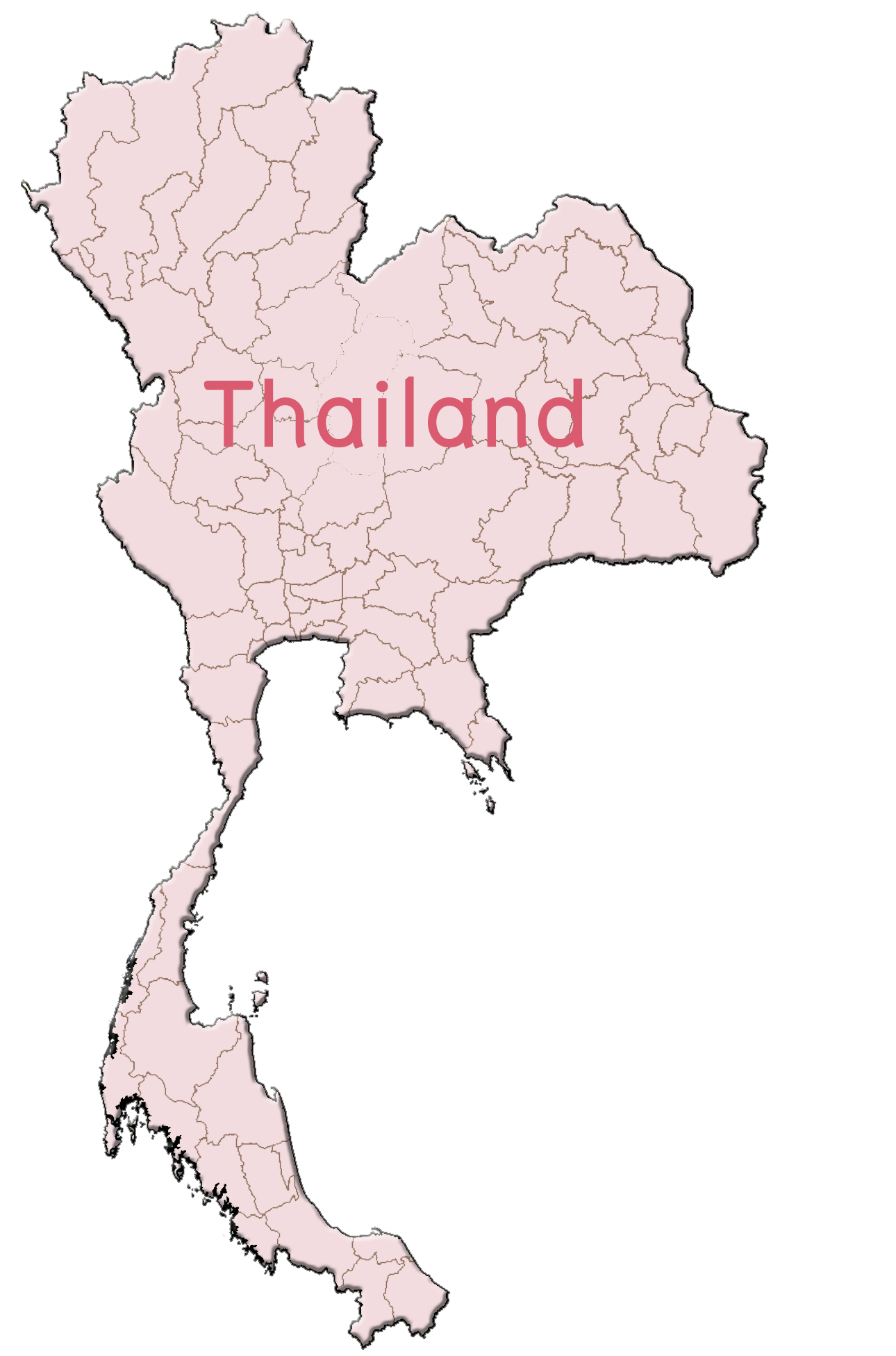Civil Society Organizations and Their Roles in Alcohol Control in Thailand
Main Article Content
Abstract
A civil society is an area of culture that is not part of either the state or business institution. Civil society organizations (CSOs) generally play a role in improving living conditions of those who cannot access public services and market-provided services. In 1990s, CSOs increased involvement in public health issues; because activities of a civil society are consistent with public health activities based on the concept of community health. Additionally, in 1990, civil society in Thailand played an important role in political movement. The political climate during the enactment of the Constitution for the Kingdom of Thailand 1997 supported participation of civil society in several aspects and led to establishment of Thai Health Promotion Foundation. The Thai Health Promotion Foundation has become a primary source of funding for many CSOs as funding from international organizations decreased. CSOs integrated focus on issues with health promotion, a primary focus of the Thai Health Promotion Foundation. In regard, for example to alcohol control, CSOs that worked on religion, domestic violence as well as youth leaders develop as CSOs on alcohol control. Activities such as the Buddhist Lent Abstinence Campaign emerged from the integration of Buddhism and alcohol prevention campaign. Alcohol control CSOs supported state actions in reduction of alcohol-related problems. Consequently, the Buddhist Lent Abstinence Campaign, primarily administered by CSOs, has been proven successful in the reduction of alcohol consumption during the campaign period.
Article Details

This work is licensed under a Creative Commons Attribution-NonCommercial-NoDerivatives 4.0 International License.
Area Based Development Research Journal values copyright protection and licensing to safeguard author rights and facilitate the appropriate dissemination of research. Our policies ensure openness, accessibility, and attribution. Authors retain copyright ownership, and articles are published under a Creative Commons Attribution License (CC BY), allowing sharing, adaptation, and proper attribution. Authors have the freedom to publish under the CC BY license, granting broad reuse and distribution permissions. The journal supports posting articles on third-party repositories, adhering to institutional and funding restrictions. Author guidelines detail copyright and licensing requirements, empowering authors with knowledge about their rights and responsibilities. These policies cultivate an environment of collaboration, openness, and responsible sharing, benefiting authors and the research community while honoring intellectual property rights.
References
Blas, E., Gilson, L., Kelly, M. P., Labonte, R., Lapitan, J., Muntaner, C., ... Vaghri, Z. (2008). Addressing social determinants of health inequities: What can the state and civil society do?. Lancet, 372(9650), 1684-1689.
Greer, S. L., Wismar, M., Pastorino, G., & Kosinska, M. (2017). Civil society and health. United Kingdom: The European Observatory on Health Systems and Policies, WHO Regional Office for Europe.
Health Promotion Foundation Act (B.E. 2544). (2001). Retrieved February,1 2020, from: http://web.krisdika.go.th/data/law/law2/%A1109/%A1109-20-9999-update.htm.
Jareg, P., & Kaseje, D. C. (1998). Growth of civil society in developing countries: Implications for health. Lancet, 351(9105), 819-822.
Kittayarak, K. (2003). The Thai Constitution of 1997 and its implication on criminal justice reform. Resource Material Series of United Nations Asia and Far East Institute For the Prevention of Crime and the Treatment of Offenders, 60, 107-117.
Parks, T. (2008). The rise and fall of donor funding for advocacy NGOs: Understanding the impact. Development in Practice, 18(2), 213-222.
Pongsapich, A. (1999). Politics of civil society. Southeast Asian Affairs, 1, 325-335.
Pongutta, S., Suphanchaimat, R., Patcharanarumol, W., & Tangcharoensathien, V. (2019). Lessons from the Thai health promotion Foundation. Bulletin of the World Health Organization, 97(3), 213.
Saengow, U. (2019). Drinking abstinence during a 3-month abstinence campaign in Thailand: Weighted analysis of a national representative survey. BMC Public Health, 19(1), 1688.
Siwaraksa, P. (2002). The birth of the Thai Health fund. Bangkok: Thai Health Promotion Foundation.
Sopitachasak, S., Adulyanon, S., & Lorthong, L. (2015). Thai health promotion foundation: Innovative enabler for health promotion. World Health & Population, 16(1), 62-71.
Vallath, N., Tandon, T., Pastrana, T., Lohman, D., Husain, S. A., Cleary, J., ... Rajagopal, M. (2017). Civil society-driven drug policy reform for health and human welfare—India. Journal of Pain and Symptom Management, 53(3), 518-532.
Vanichvatana, S. (2007). Thailand real estate market cycles: case study of 1997 economic crisis. Government Housing Bank Journal, 1(1), 38-47.
Wasi, P. (2000). Triangle that moves the mountain and health systems reform movement in Thailand. Bangkok: Health Systems Research Institute (HSRI).
Watabe, A., Wongwatanakul, W., Thamarangsi, T., Prakongsai, P., & Yuasa, M. (2017). Analysis of health promotion and prevention financing mechanisms in Thailand. Health Promotion International, 32(4), 702-710.


